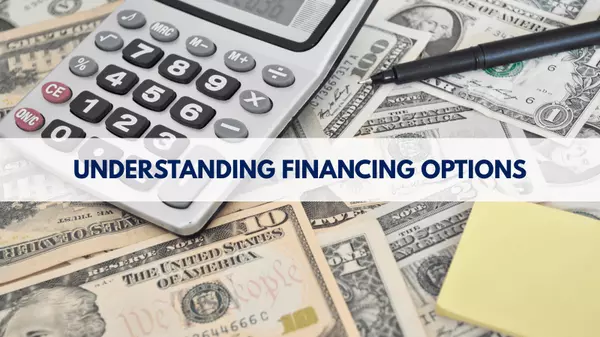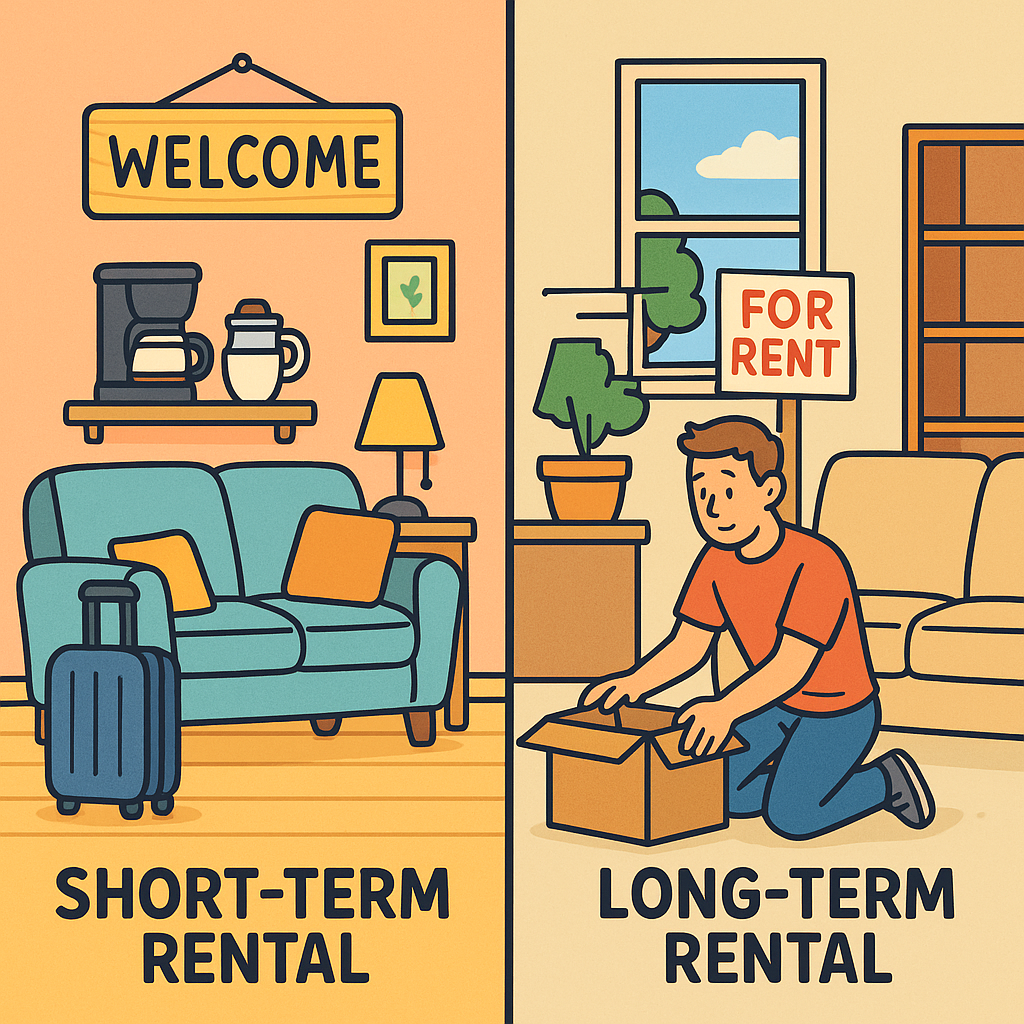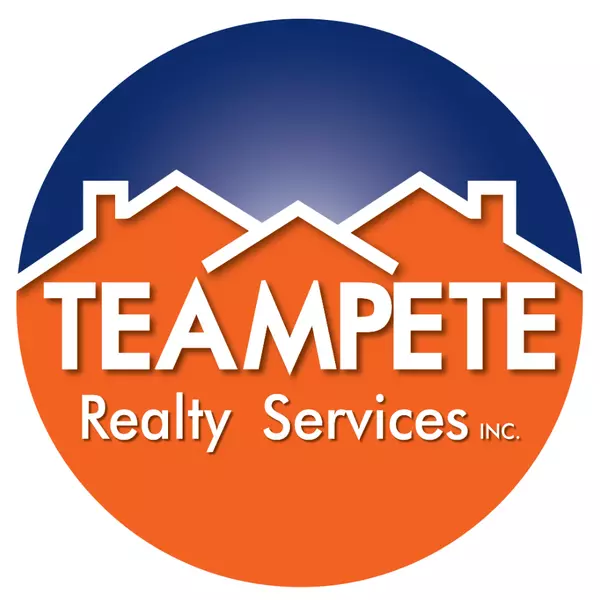Short-Term Rentals vs. Long-Term Investments: Which Is Right for You?
Investing in real estate is one of the most reliable ways to build wealth—but not all rental strategies are created equal. The big question for today’s investors is this: Should you jump into the fast-paced world of short-term rentals (think Airbnb or Vrbo), or play the long game with traditional long-term leases?
Each option has its advantages, and your choice depends on your goals, time commitment, and risk tolerance. Let’s break it down.
🏡 Short-Term Rentals: The Airbnb Approach
Pros:
1. Higher Income Potential
Nightly rates for short-term rentals can add up to more than monthly rent—especially in high-demand tourist areas or cities with limited hotel options.
2. Flexibility
You can block off dates for personal use, adjust pricing dynamically, and experiment with different guest experiences to maximize returns.
3. Tax Benefits
Short-term rental properties may offer a wider range of deductions, including furnishings, utilities, cleaning services, and more.
Cons:
1. High Turnover = More Work
Expect frequent guest communication, constant cleaning, and ongoing management—unless you hire a property manager (which cuts into profits).
2. Local Regulations
Some municipalities in Central PA and beyond are cracking down on short-term rentals. Always check zoning and permitting requirements before you list.
3. Inconsistent Cash Flow
Income can fluctuate seasonally or during slow travel periods, which may make budgeting a challenge.
🏠 Long-Term Rentals: The Traditional Route
Pros:
1. Stable, Predictable Income
With a long-term tenant, you can count on steady monthly rent, fewer vacancies, and simplified bookkeeping.
2. Lower Maintenance & Management
Fewer turnovers mean fewer headaches. You’re not coordinating cleanings every three days or worrying about guest reviews.
3. Easier Financing
Lenders often view long-term rental properties as more stable, which can help you secure favorable financing terms.
Cons:
1. Slower ROI
Long-term rentals typically produce lower monthly returns, and it may take longer to see substantial profit growth.
2. Less Flexibility
Once a lease is signed, you're locked in—no adjusting rates or kicking off a spontaneous remodeling project.
3. Risk of Bad Tenants
While screening helps, one difficult tenant can create legal and financial complications. Evictions aren’t quick—or cheap.
🔍 So… Which One’s Right for You?
Ask yourself:
-
Do you want passive income or are you up for the hustle?
-
Is your property in a high-traffic, tourist-friendly area or a stable, long-term residential community?
-
Are you looking for maximum cash flow or minimum stress?
If you’re handy, live nearby, or want to test the waters of hospitality, short-term may be your jam. If you’re building a portfolio with long-term equity in mind, the traditional route may be smarter.
Either way, you’ll want a knowledgeable real estate team (that’s us!) to guide you through the numbers, the market, and the fine print.
📈 Let’s Build Your Investment Strategy
Whether you’re curious about Airbnb income potential or ready to grow a steady long-term rental portfolio, TeamPete Realty Services is here to help you make informed, strategic decisions.
Categories
Recent Posts












